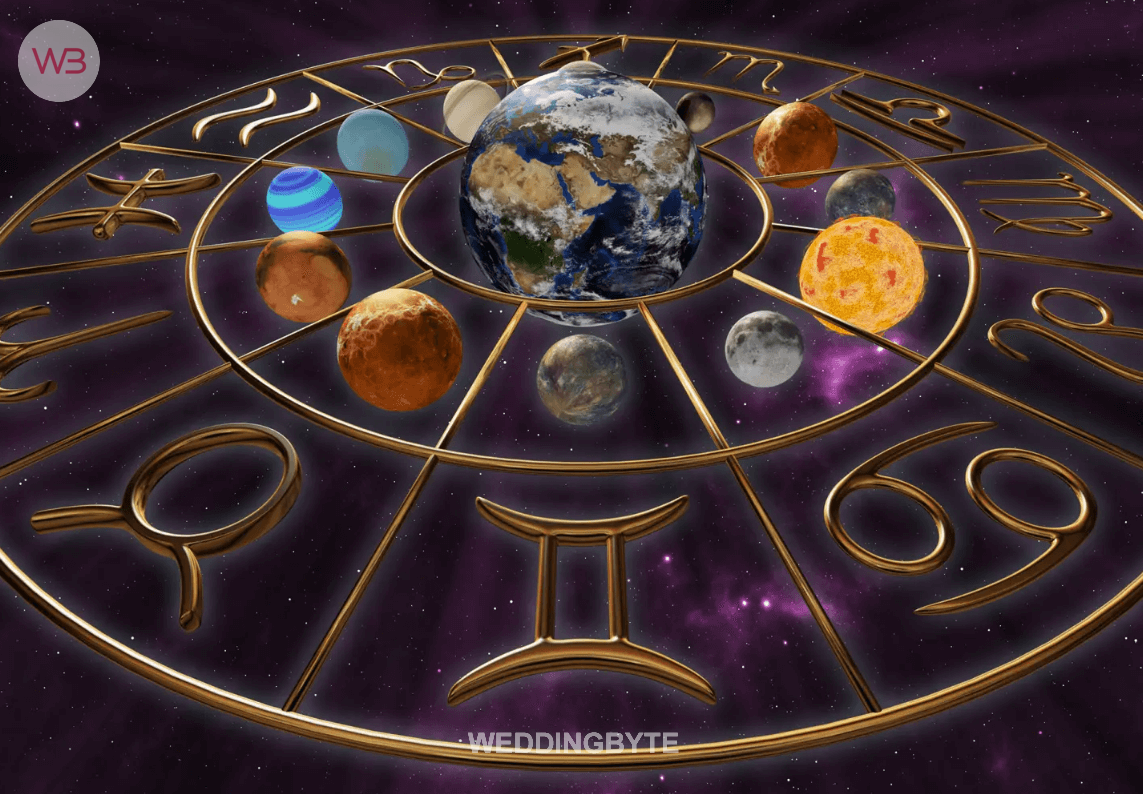
Astrology Predictions: Are They Just a Cosmic Coincidence?
ArticlesAstrology has been a fascinating part of human culture for thousands of years. Many people look to the stars for guidance, relying on horoscopes to make decisions about love, career, and life in general. But are these predictions based on solid cosmic principles, or are they just a series of coincidences? This question has puzzled believers and skeptics alike. In this article, we delve into the world of astrology, exploring its history, how it works, and whether there's any scientific basis to its predictions. Are astrology predictions a cosmic coincidence, or is there more to it than meets the eye?
1. The Origins of Astrology: A Glimpse into the PastA Brief History of Astrology
Astrology dates back to ancient civilizations like Babylon, Egypt, and Greece. It was used to predict seasonal changes and to interpret celestial cycles as signs of divine communication. The Babylonians are often credited with the birth of astrology around 2,400 years ago. Later, astrology spread to ancient Greece, where philosophers like Plato and Aristotle explored its potential connection to human behavior and events. Astrology became deeply entwined with astronomy and was considered a scholarly tradition, even influencing early scientific thought.
Astrology vs. Astronomy: The Divergence
While astrology and astronomy were once closely linked, they diverged into separate disciplines in the 17th century. Astronomy became the scientific study of celestial bodies, while astrology remained a practice focused on interpreting the influence of stars and planets on human affairs. This divergence marked a significant shift in how each field was perceived, with astrology increasingly regarded as a pseudoscience.
2. How Astrology Works: The Basics of Star Charts and Horoscopes
Understanding Star Charts and Zodiac Signs
At the core of astrology is the belief that the positions of stars and planets at the time of one's birth can influence their personality and future. Astrologers create a natal chart, or horoscope, which is a map of the sky at the exact moment of a person’s birth. This chart is divided into twelve segments, representing the twelve zodiac signs, each associated with specific traits.
Planetary Influence and Aspects
In astrology, planets represent different aspects of life. For instance, Venus is linked to love and beauty, while Mars represents aggression and drive. The aspects, or angles between planets, are believed to impact a person’s life path. Positive aspects, like trines and sextiles, suggest harmony, while challenging aspects, such as squares and oppositions, are thought to bring obstacles or tension.
**3. The Science (or Lack Thereof) Behind Astrology Predictions
Astrology and the Scientific Community
Astrology's validity has been a subject of debate among scientists for centuries. Despite its long history and widespread popularity, most scientists classify astrology as a pseudoscience. This is primarily because astrology lacks empirical evidence to support its claims. Unlike astronomy, which relies on observable, measurable data, astrology is based on interpretations and correlations that are not scientifically verifiable.
Studies and Skepticism
Numerous studies have attempted to test the accuracy of astrological predictions, often with inconclusive or negative results. For example, one famous study conducted by physicist Shawn Carlson in 1985, published in the journal Nature, tested astrologers' ability to match birth charts with psychological profiles. The study found that astrologers performed no better than chance. Critics argue that astrology's reliance on vague language and broad generalizations makes it easy for individuals to find personal relevance in horoscopes, a psychological phenomenon known as the Barnum effect.
4. Astrology in Modern Times: Why Do People Believe?
Psychological Comfort and Self-Reflection
Despite the lack of scientific support, astrology remains popular worldwide. One reason for its enduring appeal is its ability to provide psychological comfort and a sense of control in an uncertain world. Reading a horoscope or consulting an astrologer can be a form of self-reflection, helping people to consider different aspects of their personality or life circumstances. This introspective process can lead to personal insights, even if the astrological framework itself lacks scientific validity.
The Role of Social Media and Technology
The internet and social media have played significant roles in astrology's modern resurgence. Platforms like Instagram, TikTok, and YouTube have become hotbeds for astrology content, making horoscopes and astrological insights more accessible than ever. This digital proliferation has allowed astrology to reach new audiences, particularly among younger generations who may view it as a form of entertainment or a tool for self-discovery rather than a literal science.
5. The Coincidence Conundrum: Is There Any Truth to Astrology?
Patterns, Predictions, and Coincidences
One of the most intriguing aspects of astrology is its occasional uncanny accuracy. Skeptics argue that these instances are purely coincidental, citing the law of large numbers—over time and with enough predictions, some are bound to come true. However, proponents believe that astrology's ability to sometimes "get it right" points to an underlying cosmic order or unseen force guiding human lives.
Personal Experience vs. Empirical Evidence
For many, belief in astrology is not rooted in empirical evidence but in personal experience. When someone reads a horoscope that seems to align perfectly with their life or receives an astrological reading that resonates deeply, it can feel like more than a coincidence. This subjective validation reinforces their belief, regardless of the scientific community’s stance.
Conclusion
So, are astrology predictions just a cosmic coincidence? The answer largely depends on whom you ask. To skeptics and scientists, astrology lacks the empirical foundation to be considered anything more than a pseudoscience rooted in coincidence and subjective interpretation. However, to millions of believers worldwide, astrology provides a meaningful way to understand themselves and navigate life's complexities. Whether seen as a guiding star or a cosmic coincidence, astrology continues to captivate the human imagination, raising intriguing questions about the intersection of belief, science, and the search for meaning in the universe.





